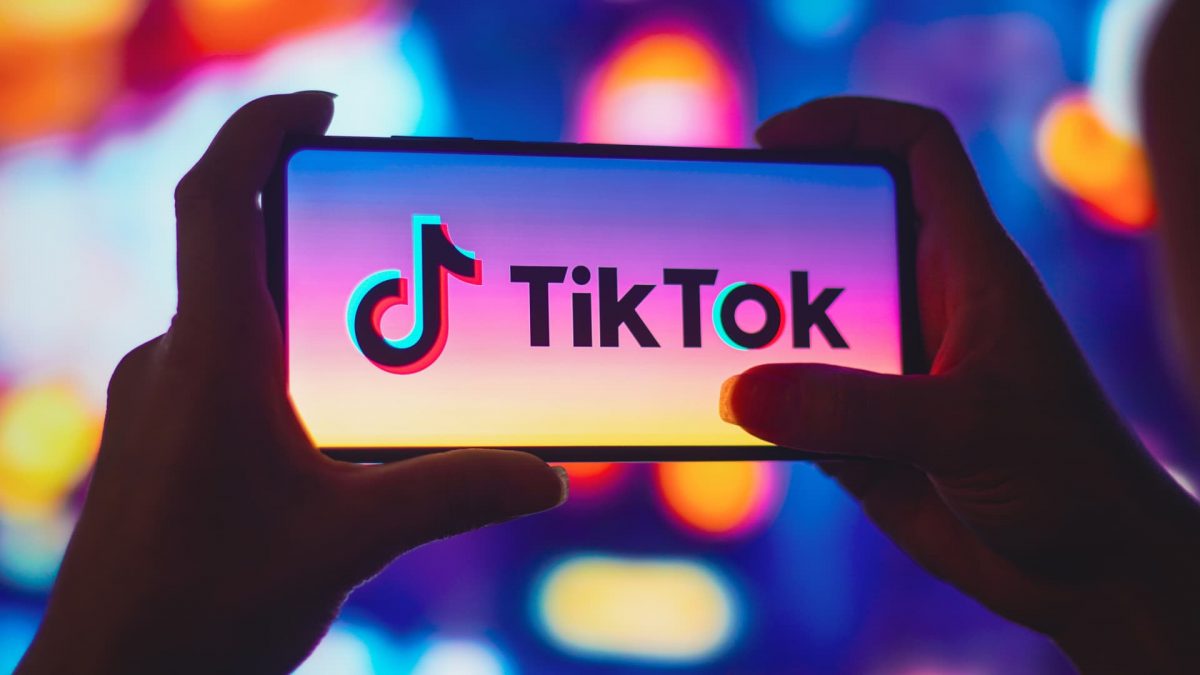Google has become ubiquitous in searching or browsing the internet, so much so that it has now officially become a verb. However, it seems that Google is losing ground among Gen-Z and surprisingly enough, not to a different browser or search engine. Their search engine/browser of choice? Social media apps and YouTube.
In a rather seismic shift in internet culture, Gen-Z is increasingly dumping traditional search engines like Google in favour of social media platforms as their go-to source for quick and relatable answers, as per a report by Axios.
This trend, highlighted by recent data from youth research firm YPulse shows that there is a significant departure from the search habits of millennials, which is likely to shape up to be a considerable challenge for Google The tech behemoth has come to rely heavily on ad revenue tied to its search results, which is also its core business.
The Numbers Game
According to the survey by YPulse, a staggering 46 per cent of the respondents they interviewed, aged 18-24, now start looking for information quests on Google. This is a notable decrease compared to the 58 per cent of those aged 25-39.
What’s even more worrying for Google, is that 21 per cent of 18- to 24-year-olds prefer TikTok as their starting point, while 5 per cent begin their searches on YouTube.
MaryLeigh Bliss, chief content officer for YPulse, believes that the role of social media platforms has been transformative to say the least. They have evolved from mere social hubs into veritable “information superhighways.”
Impact Shorts
More ShortsThe preference for social media as a search tool comes from a desire among users for more authentic and more importantly, diverse perspectives, free from the influence of sponsored content prevalent in traditional search engine results. Users appreciate the abundance of information available on social media from various sources, which is usually presented in digestible formats.
A Generation Defined: Generation Z is growing up to be true digital natives and have grown up in the era of social media. Most first-time users of the internet now, are not exactly aware of just how prevalent Google was, just a decade ago.
How Google plans to take on TikTok and YouTube shorts
Even Google is acutely aware of the situation and is contemplating a way out of this situation. Google is aware that users now have a multitude of choices for accessing information.
In a bid to stay relevant there, Google is relying heavily on AI to do the heavy lifting. They have recently expanded its AI-powered results tool, Search Generative Experience, to enhance user satisfaction. Additionally, Google has introduced features such as highlighting results from forum websites and spotlighting the sources of information from profile pages.
Despite these efforts, users are still dissatisfied with Google’s search results, which is now filled with low-quality content, thanks to the AI-powered enshitification of the Internet, and how, in general, AI is filling the world up using trash.
Worrying times ahead for Google?
As AI-generated content continues to proliferate the internet, researchers warn of a blurring line between benign content and spam, which poses more challenges for tech companies in maintaining the integrity and reliability of online information sources.
As users increasingly seek authenticity and diversity in their online experiences, the onus is on tech companies like Google to adapt and innovate in response to these changing consumer preferences.
For now, Google still retains its top spot for initial searches, with TikTok and YouTube following closely behind. But will it stay at the top of the hill, or will it be dethroned by a social media platform? That, remains to be seen.


)

)
)
)
)
)
)
)
)



